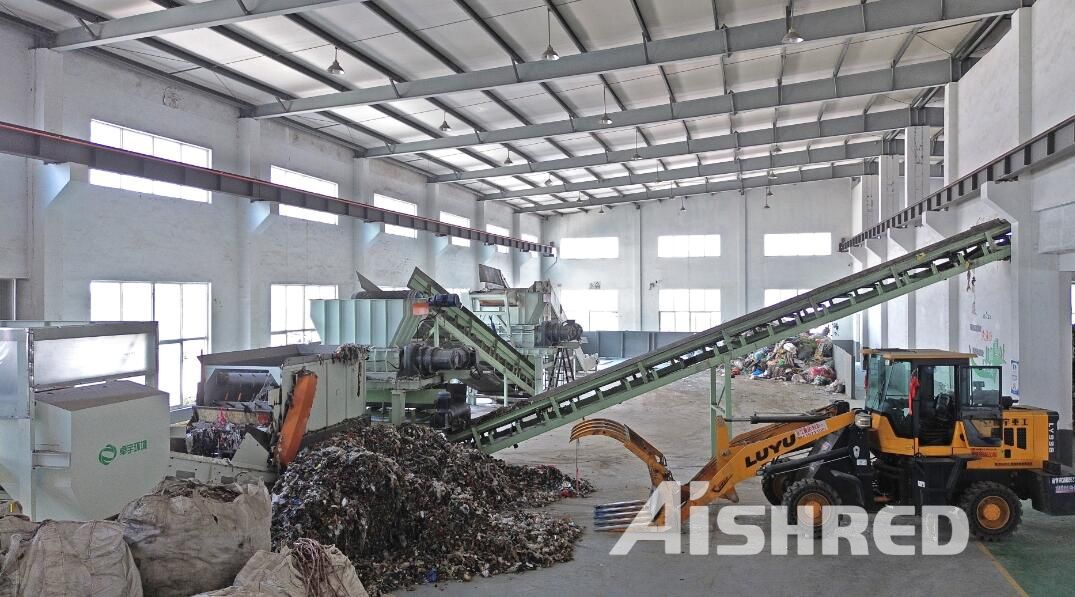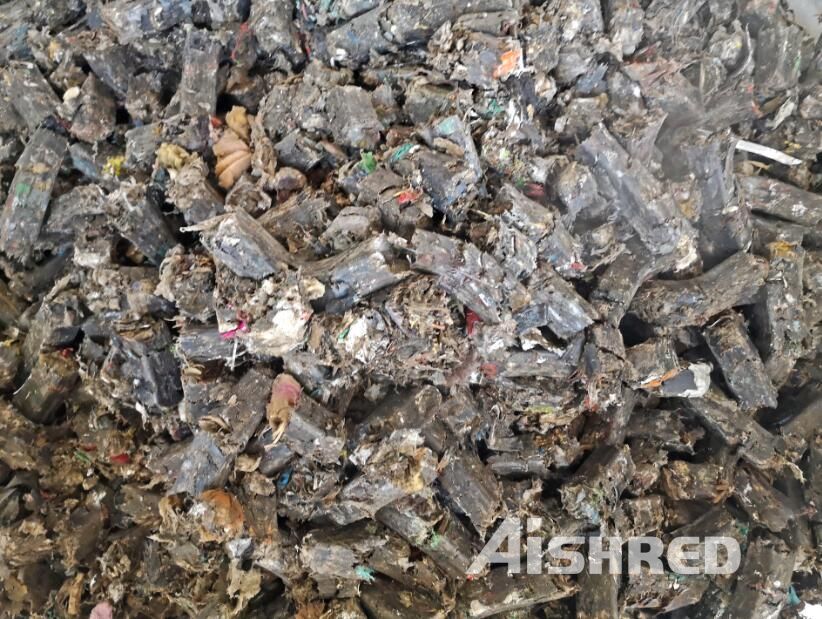In recent years, the popular term "RDF" in the field of solid waste refers to waste derived fuels, and most environmentalists have also turned their attention to the field of household waste. The composition of household waste we usually refer to is a mixture of wet waste and dry waste, while in the preparation of fuel for household waste, it is best to make a distinction based on current incineration needs. Frontend differentiation can reduce the investment cost of pre-treatment production lines while also improving the calorific value of materials. In the field of incineration, calorific value is a sensitive term.

In fact, this process flow is not complicated. Our designed process principles have three positioning points: "impurity removal, reusable selection, and combustible compression". These three process points constitute the equipment solutions applicable in the current field of solid waste disposal. The impurity removal we refer to can be understood as the purification of household waste. There will be non-combustible materials such as ash, ceramics, and metals in household waste. The entry of non-combustible materials into incineration will exert pressure on the back-end process. The removal of impurities from these materials usually involves some screening equipment, such as drum screening, metal screening, and light and heavy material screening. As for the selection of recyclable materials, we adhere to the resource utilization route, and there is also a proportion of recyclable components in household waste. These materials have recyclable value, so we are considering adding intelligent sorting equipment to the production line to separate the materials and achieve their reuse value.

Finally, the compression of combustible materials is divided into direct molding as fuel blocks or packaging and storage of bulk materials before transportation. However, when combustible materials in household waste are directly used as fuel blocks, it is necessary to pay attention to their moisture content, especially during rainy seasons, and pay attention to waterproofing. When the moisture content in the materials is too high, they are not easy to form, and the energy consumption of the production line is also relatively high. So controlling the moisture content of materials is an important measure to ensure the continuous operation of production line equipment.

